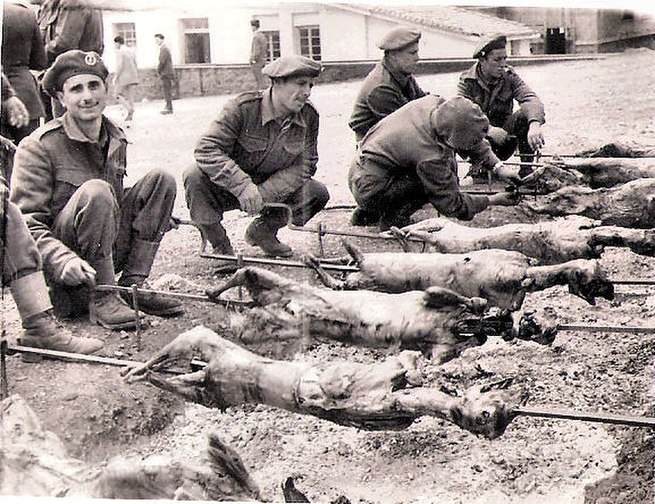
-
Sit
Sitting is a basic human resting position. The body weight is supported primarily by the buttocks in contact with the ground or a horizontal object such as a chair seat. The torso is more or less upright. Sitting for much of the day may pose significant health risks, and people who sit regularly for prolonged periods have higher mortality rates than those who do not.The form of kneeling where the thighs are near horizontal and the buttocks sit back on the heels, for example as in Seiza and Vajrasana (yoga), is also often interpreted as sitting.
-
Sit (verb)
To be in a position in which the upper body is upright and supported by the buttocks.
“After a long day of walking, it was good just to sit and relax.”
-
Sit (verb)
To move oneself into such a position.
“I asked him to sit.”
-
Sit (verb)
To occupy a given position permanently.
“The temple has sat atop that hill for centuries.”
-
Sit (verb)
To remain in a state of repose; to rest; to abide; to rest in any position or condition.
-
Sit (verb)
To be a member of a deliberative body.
“I currently sit on a standards committee.”
-
Sit (verb)
Of a legislative or, especially, a judicial body such as a court, to be in session.
“In what city is the circuit court sitting for this session.”
-
Sit (verb)
To lie, rest, or bear; to press or weigh.
-
Sit (verb)
To be adjusted; to fit.
“Your new coat sits well.”
-
Sit (verb)
To be accepted or acceptable; to work.
“How will this new contract sit with the workers?”
“I don’t think it will sit well.”
“The violence in these video games sits awkwardly with their stated aim of educating children.”
-
Sit (verb)
To cause to be seated or in a sitting posture; to furnish a seat to.
“Sit him in front of the TV and he might watch for hours.”
-
Sit (verb)
To accommodate in seats; to seat.
“The dining room table sits eight comfortably.”
-
Sit (verb)
shortened form of babysit.
“I’m going to sit for them on Thursday.”
-
Sit (verb)
To babysit
“I need to find someone to sit my kids on Friday evening for four hours.”
-
Sit (verb)
To take, to undergo or complete (an examination or test).
-
Sit (verb)
To cover and warm eggs for hatching, as a fowl; to brood; to incubate.
-
Sit (verb)
To take a position for the purpose of having some artistic representation of oneself made, such as a picture or a bust.
“I’m sitting for a painter this evening.”
-
Sit (verb)
To have position, as at the point blown from; to hold a relative position; to have direction.
-
Sit (noun)
An event, usually lasting one full day or more, where the primary goal is to sit in meditation.
-
Spit (noun)
A thin metal or skewered for cooking, often over a fire.
“broach”
-
Spit (noun)
A generally low, narrow, pointed, usually sandy peninsula.
-
Spit (noun)
Saliva, especially when expectorated.
“expectoration|spittle”
“There was spit all over the washbasin.”
-
Spit (noun)
An instance of spitting; specifically, a light fall of rain or snow.
-
Spit (noun)
The spade goes into the soil when it is used for digging; a layer of soil of the depth of a spade’s blade.
-
Spit (noun)
The amount of soil that a spade holds; a spadeful.
-
Spit (verb)
To spit; to sharp object.
“to spit a loin of veal”
-
Spit (verb)
To use a spit to cook; to attend to food that is cooking on a spit.
“She’s spitting the roast in the kitchen.”
-
Spit (verb)
To mouth, etc.
“expectorate”
-
Spit (verb)
To rain or snow slightly.
“a hot pan spitting droplets of fat”
-
Spit (verb)
To utter (something) violently.
-
Spit (verb)
To rap, to utter.
-
Spit (verb)
To dig (something) using a spade; also, to turn (the soil) using a plough.
-
Spit (verb)
To plant (something) using a spade.
-
Spit (verb)
To dig, to spade.
“delve”
